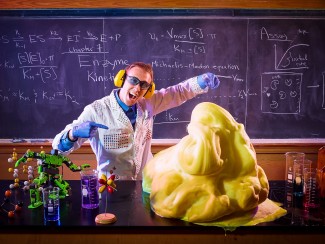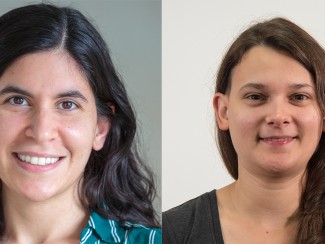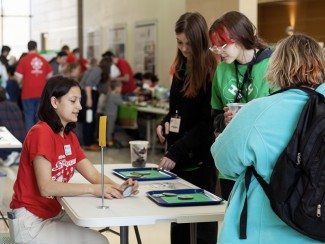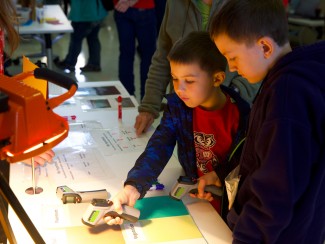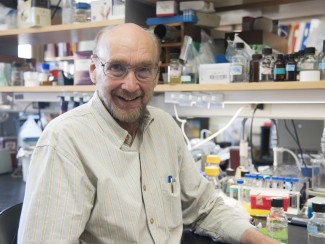What do Snap-on Tools, Virginia Tech and Tanzania have in common? An energy certificate from UW-Madison.
As the energy industry evolves to adapt to new technologies and environmental concerns, it requires an informed workforce with the ability and experience to apply their knowledge right away. This year, 20 University of Wisconsin–Madison graduates find themselves better equipped with unique skill sets that are helping them become tomorrow’s energy leaders.
In 2009, the Certificate in Engineering for Energy Sustainability (CEES) began as a small program with big ideas—to give students a broader understanding of energy issues and prepare them for a rapidly changing energy landscape. The following semester, the first student graduated with the certificate. Enrollment continues to grow each year; currently about 50 students have declared their intent to pursue the certificate.
"It's important that our graduates not only become experts in their particular discipline, but also have a passion and a broader understanding of how they can impact the world around them,” says Scott Williams, research and education coordinator at the Wisconsin Energy Institute.
Who are these future energy leaders?
We sat down with three recent UW-Madison graduates who completed the CEES to learn more about their experiences.
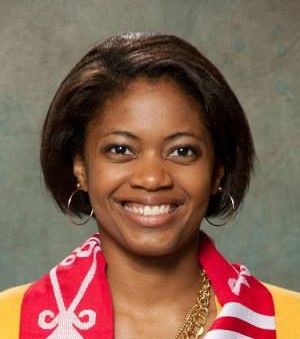
From off-road vehicles to Snap-on Tools
UW-Madison mechanical engineering graduate Kaylan Bailey (pictured right) says that through the Certificate in Engineering for Energy Sustainability she gained insight on a variety of energy topics, from fracking to hydropower, solar and wind energy.
When Bailey learned that a company would soon be installing wind turbines near her hometown, she decided to focus on the issue as part of a course. “It all just sort of fell into place,” she says. “I learned pros and cons. I learned that not a lot of people knew about it. I thought it would be great to get involved in a technology that not a lot people know about, because that is what companies would be looking for – people to come in and really dive in to figure it all out.”
During her senior design project, she worked with a team of students to build an electric off-road vehicle called “TTANK” (an acronym of the team members’ names). Bailey and her peers have left their mark on campus, since TTANK will be used for test driving with the UW-Madison School of Engineering's Baja Team, a competitive student group that designs and builds small off-road vehicles.
Bailey is heading to Snap-On Tools in Kenosha, Wisc., where she’ll use her engineering skills to break Snap-On and other companies’ tools, analyzing the results to find strengths and weaknesses. She hopes to work in a research and development or design capacity with wind turbines in the future.
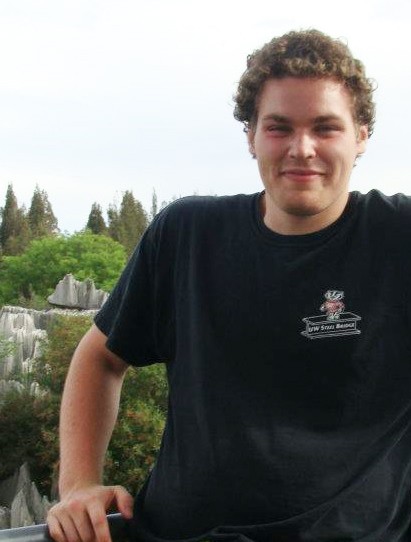
Badger today, Hokie tomorrow
Early in his college career, civil engineering graduate Jack Richeson (pictured right) realized that the conversation around energy and resources was an important one, so he chose an environmental engineering focus to make it part of his education. As part of an Focus on Energy partnership that connected CEES students to employers, Richeson secured a summer internship with the Green Bay Metropolitan Sewerage District. There, he organized sustainability data and calculated a carbon footprint for the district. He also explored the economic feasibility of sustainability projects.
Richeson says the certificate broadened the kinds of things he learned through his environmental engineering program. His favorite memory is the final project for his renewable energy systems class, where he had the opportunity to design a project that compared a biomass furnace to a standard house furnace.
Richeson’s next destination is graduate school at Virginia Tech, where he’ll pursue a Master’s in Environmental Engineering.
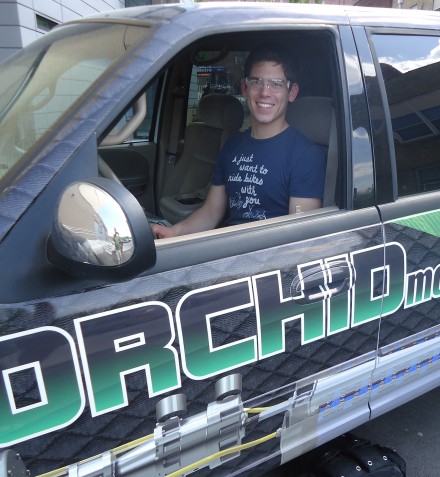
A ‘bigger deal’ than designing cell phones
“Most of my favorite classes have been ones I’ve taken because of the certificate,” says electrical engineering graduate Jesse Hintz (pictured right). As part of an independent study, he was able to participate in research happening in the Wisconsin Energy Institute's new high bay lab. He works under the leadership of Phil Kollmeyer and Professor Thomas Jahns on their project to develop an electric truck that will be used to investigate how electric vehicles can function in future energy systems, possibly as storage mechanisms.
Working in the energy field seemed more important to Jesse than other areas in electrical engineering. “It seemed like a bigger deal than designing the next cell phone,” he says.
As co-chair the student organization Energy Hub, Hintz invited the CEO of Off.Grid:Electric to speak at the group’s annual conference. Off.Grid:Electric using a unique business model to install small residential solar systems in developing countries. Rather than selling equipment, they sell an energy plan that makes the energy more affordable to families with low incomes.
After the conference, Hintz and the Off.Grid:Electric CEO stayed in contact, and Hintz was eventually offered a position. This summer, he’ll travel to Tanzania to begin work. He hopes he can continue working for companies that are making an impact and improving the sustainability of our energy landscape. “I don’t think the energy landscape looks very sustainable in the long run,” he says. "Hopefully I can be someone who helps change that.”

